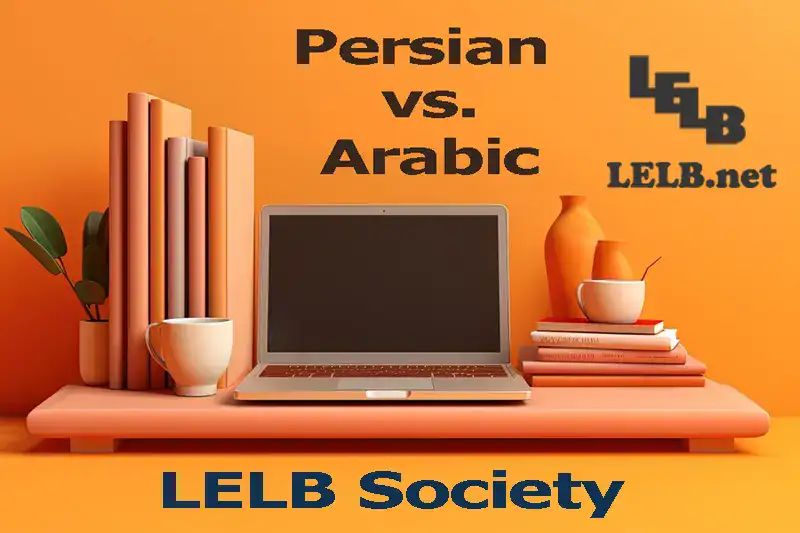IELTS – TOEFL Preparation Course | Session 14
Topic
Many old buildings protected by law are part of a nation’s history. Some people think they should be knocked down and replaced by new ones.
How important is it to maintain old buildings?
Should history stand in the way of progress?
Throughout the history, different kinds of events and incidents happen and people from different culture and background become aware of them by studying the historical texts. One special kind of being aware of such historical events is through visiting ancient buildings and the historical monuments.
By saving the ancient buildings and structures, not only people could find a place to have some fun together, but also they can accumulate some historical information. As a matter of fact, saving the historical structures and monuments itself is the best way of developing the tourist industry of each country which can bring lots of improvement and progression to that country.




Presentation: How to get 101?
Questions;
1) What are the ways through which we can increase our life-expectancy?
2) Which hormone is higher in Japanese people compared to others?
3) What is the effects of immigration on lifespan?
Sounds interesting! You’ve made some suggestions on the topic of our next presentation. Let’s vote on it.
Historical buildings are like identifications of a nation. However, some believe those structures had better get demolished and replaced by new ones for the sake of modernization. I personally disagree with this statement and the historical places should be protected seriously.
On one hand, ancient structures could record the history and culture of a nation and it is so crucial for the new generation to understand about the deeds of their ancestors. Moreover, old structures could be a tourist attraction and it could improve the economical situation of a country.
Line 3: Instead, I believe that historical places should be protected seriously.
Line 4: On the one hand,
Last line: it :arrow: they (referring to old structures)
Question:
when should the verb close be pronounce as clouzx? The sound as ژ in Persian. For example in this sencence ” Ok class, please close your books. Should the verb close be pronounce with ژat the end instead of z?
In English phonetics, we have a term called “assimilation”. It means that we might make some changes to some sounds to experience easier pronunciations.
In this case, /z/ in the verb “close” changes to /ʒ/ because it appears before the pronunciation of /j/ in “your”.
The same is true about: “Is your home nearby? (is + your)
Also when the sound /s/ comes immediately before the sound /j/ like in “your”, /s/ changes to /ʃ/ for the ease of pronunciation.
Just note that it happens in “connected speech” when the rate of speech is fast enough.
For example: He drinks your soda.
Also /d/ changes to /dʒ/ if it appears before /j/: Did you do your homework? Another example is the word, “education”.
Also /t/ changes to /tʃ/ when before /j/. E.g. I want you to be more careful. “want + you”. Another example is the pronunciation of the word, “picture”, where /t/ appears before /j/.
Thanks a lot for your thorough answer.
You’re quite welcome.
Throughout the history, different kinds of events and incidents happen and people from different culture and background become aware of them by studying the historical texts. One special kind of being aware of such historical events is through visiting ancient buildings and the historical monuments. By saving the ancient buildings and structures, not only people could find a place to have some fun together, but also they can accumulate some historical information. As a matter of fact, saving the historical structures and monuments itself is the best way of developing the tourist industry of each country which can bring lots of improvement and progression to that country.
Which one is correct, “by itself” or “itself”, I wonder ?
Good question.
By itself, which means per se, alone, independently, shows a stronger emphasis in comparison to itself.
Both of them are right depending on Fatemeh’s intended meaning.
Throughout history
Line 2: historical texts (no the)
Line 1: use present perfect tense. :arrow: have happened or occurred
Line 4: not only could people find (inversion)
Note:
Arash cannot join us in this session. So, Sasan, please prepare yourself for a lecture.
Sure, Thank you for informing me.
You’re welcome.